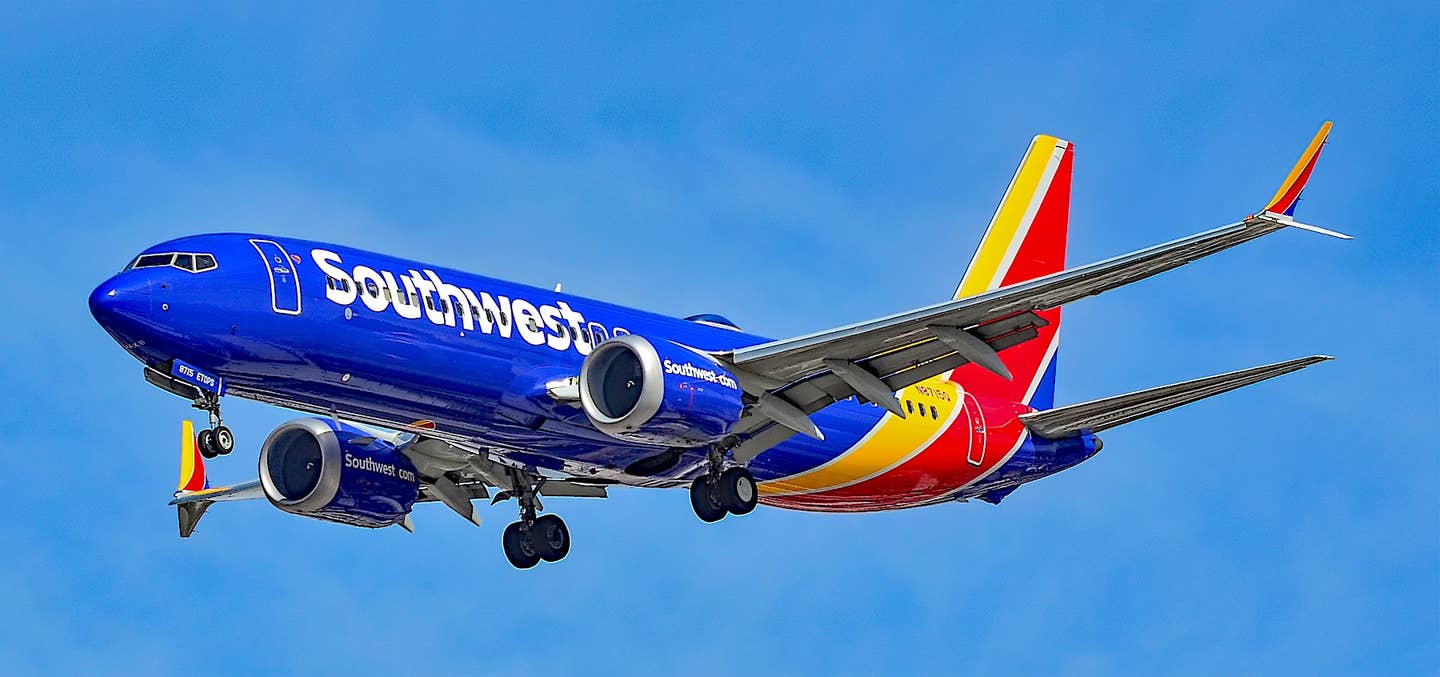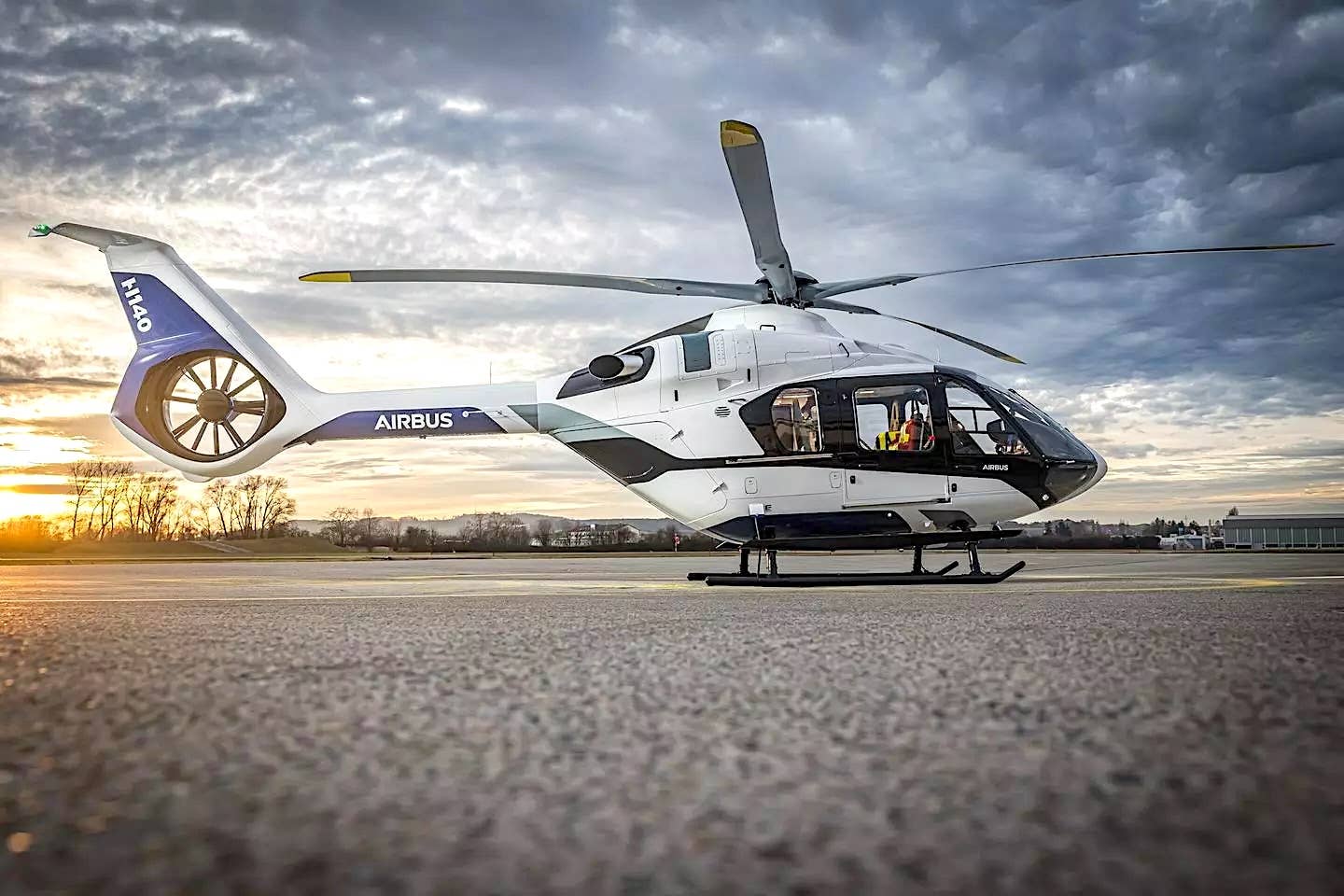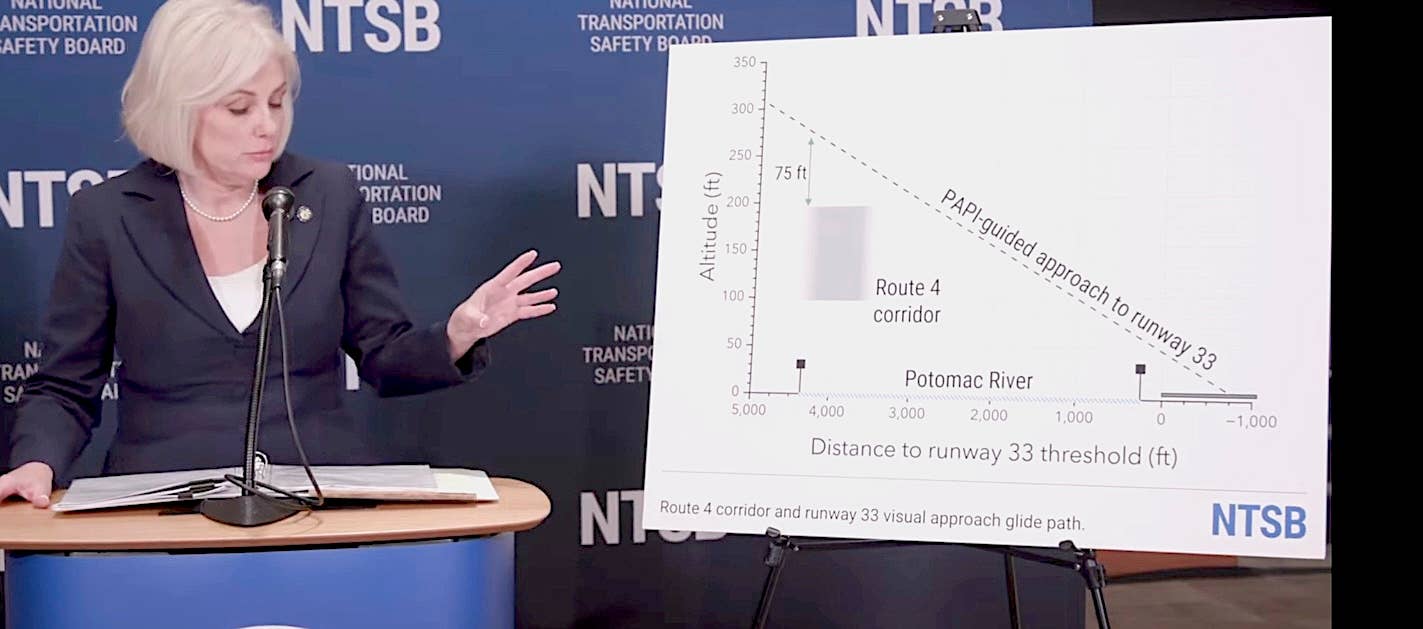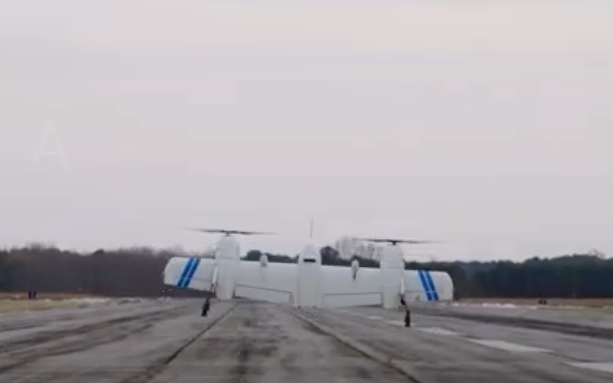Whistleblower Testifies On Unsafe Conditions At Boeing 737 Factory
Boeing’s manufacturing facility in Renton, Washington, may have been “prioritizing production speed over quality and safety” during the time when two 737 MAX aircraft involved in fatal accidents were built…
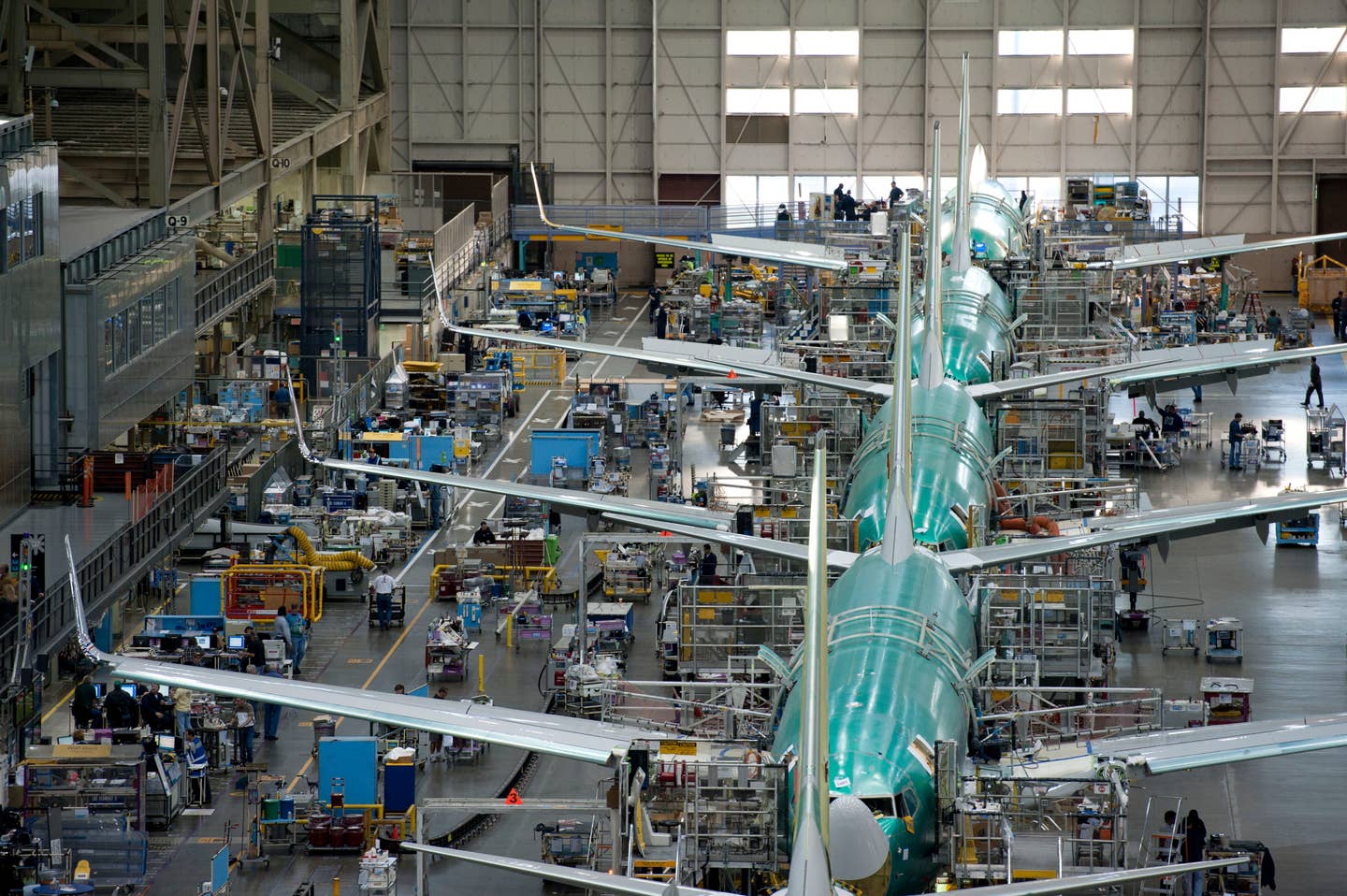
Image: Boeing
Boeing’s manufacturing facility in Renton, Washington, may have been “prioritizing production speed over quality and safety” during the time when two 737 MAX aircraft involved in fatal accidents were built at the factory, according to testimony given by former Boeing employee Edward Pierson at a U.S. House of Representatives Transportation and Infrastructure Committee hearing on Wednesday. Pierson, who worked for Boeing from 2008 until his retirement in August 2018 and held the position of senior manager at the Renton factory, described the facility during the summer of 2018 as a “factory in chaos” where increasing production targets, substantial backlogs, a lack of skilled employees, new factory leadership and a major supply chain reorganization led to dysfunction and process breakdowns at the facility.
Pierson told Congress that prior to the crash of Lion Air Flight 610, he repeatedly brought his concerns that worsening factory conditions were creating significant safety risks to Boeing senior leadership—including recommending temporarily shutting down the production line—but felt that little was done to address the issues he raised. Following the Lion Air crash, he contacted Boeing CEO Dennis Muilenburg and Boeing’s Board of Directors. After the crash of Ethiopian Airlines Flight 302, he went to the NTSB, FAA and Department of Transportation where he reported he received “lackluster” or no responses. Earlier in the hearing, FAA Administrator Stephen Dickson stated that the FAA was looking into conditions at the Renton facility.
“No one has asked why two brand-new AOA sensors on two brand-new planes inspected, installed, and tested by Boeing at the Renton plant during the summer of 2018 failed,” Pierson said in his testimony (PDF). “And no one has investigated whether the hundreds of other planes manufactured during the summer of 2018 at Renton—including the currently flying 737 Next Gen airplanes and P-8 military airplanes—have faulty AOA sensors or other production quality issues.”
Wednesday’s hearing was the fifth to be held by the House Transportation and Infrastructure Committee on the 737 MAX. During the first panel of the hearing, the committee questioned Administrator Dickson along with FAA Aircraft Certification Service Executive Director Earl Lawrence and Technical Advisory Board member Matthew Kiefer on the agency’s response to the problems surrounding the MAX. The complete hearing can be viewed below.

